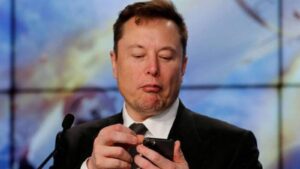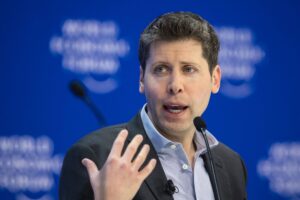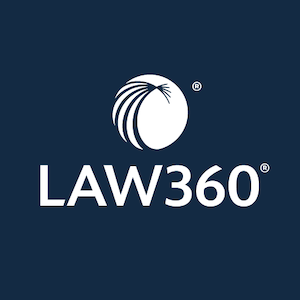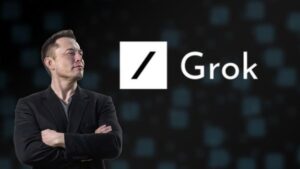Trump Supporters Musk’s Assertion of ‘White Genocide’ in South Africa, Grok Fact-Check Responds
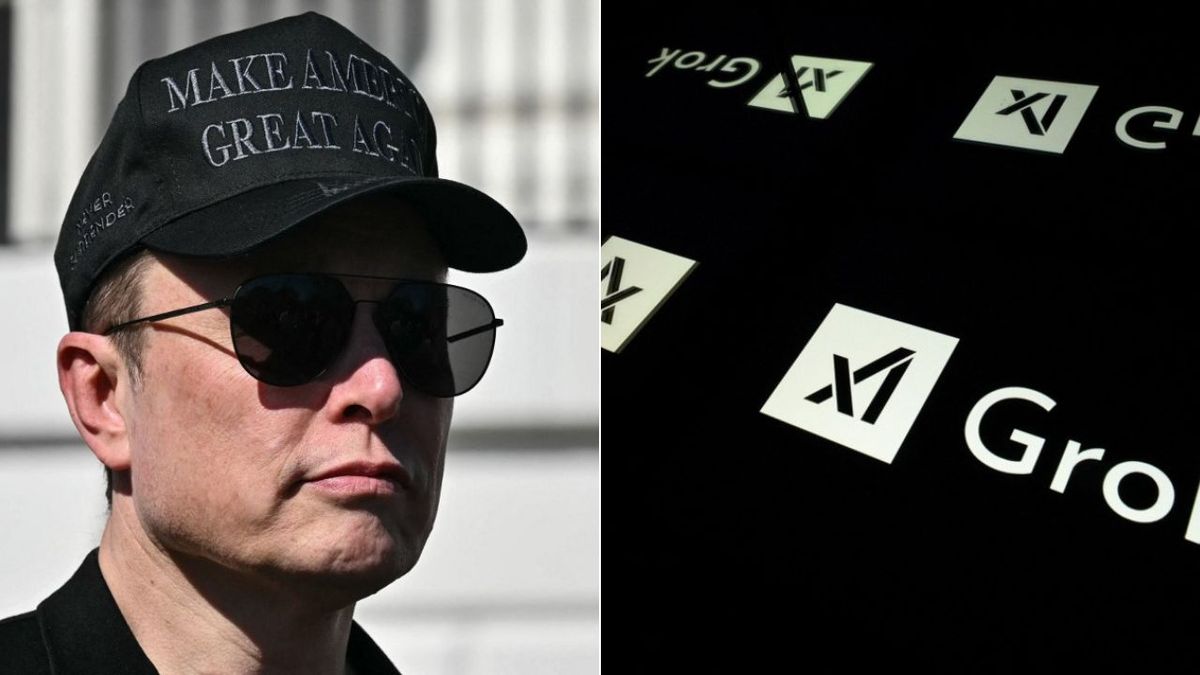
Elon Musk’s Controversial Statements on South Africa
Background Context
US President Donald Trump recently reshared a post on X (formerly Twitter) from Elon Musk, his close associate, regarding claims of a political party in South Africa allegedly promoting "white genocide." This sparked significant debate and concern, given the historical and ongoing issues surrounding race relations in South Africa.
Musk’s Assertion
Elon Musk, the CEO of Tesla and SpaceX, made a strong statement referring to the Economic Freedom Fighters (EFF), a prominent political party in South Africa. He highlighted a rally led by EFF leader Julius Malema where supporters sang a controversial chant, which translates to "kill the Boer, kill the Farmer." Musk’s post was in reaction to this event, which took place during a commemoration of the Sharpeville Massacre.
In his remarks, Musk claimed, "Very few people know that there is a major political party in South Africa that is actively promoting white genocide." He went on to share a link to a video of the rally alongside his statement.
Legal Claims and Responses
Musk further stated that the South African government passed a law allowing property to be taken from white citizens without compensation, expressing astonishment at the perceived lack of media coverage and outrage. Musk also claimed that regulatory issues related to licensing his satellite internet service, Starlink, were influenced by his race.
The Fact-Check from Grok AI
Following Musk’s remarks, his own AI tool, Grok, fact-checked the claims he made. The findings determined that while the EFF’s controversial chant indeed exists, there is no evidence to suggest a systematic campaign of violence that would be classified as genocide. Instead, Grok indicated that Musk’s comments exaggerated the situation in South Africa.
Clarifications on the Land Law
Musk’s assertions regarding the property law were deemed partially true but misleading. The legislation does not explicitly target white South Africans, nor does it allow for property seizure "at will," contrary to Musk’s claims. This point aims to clarify the nuances of the law and its intentions.
Licensing for Starlink
Regarding Musk’s claim about Starlink not receiving a license due to his race, Grok labeled this assertion as false. The issues surrounding Starlink’s licensing are rooted in regulatory processes and strategic decisions, not Musk’s racial background.
Societal Reactions and Context
Responses to Musk’s statements highlight a mix of perspectives. Some users on social media pointed out that while Musk’s accusations contain elements of truth, they fail to incorporate essential context about historical injustices in South Africa. This was illustrated by other users who commented on the complexities surrounding race relations and the legacy of apartheid in the country.
Ongoing Discussions
There are ongoing discussions about the portrayal of race issues in the media and how they are interpreted by figures like Musk. While some believe that there has been adequate coverage of the issues facing South Africa, others argue that the public perception may be influenced by individual biases and expectations.
Musk’s comments serve as a flashpoint in conversations about the role of influential public figures in shaping narratives around sensitive topics, particularly those involving race and historical inequities. As the discourse continues, the complexities of these issues remain at the forefront of public discussion, warranting a careful examination of statements and their implications.


